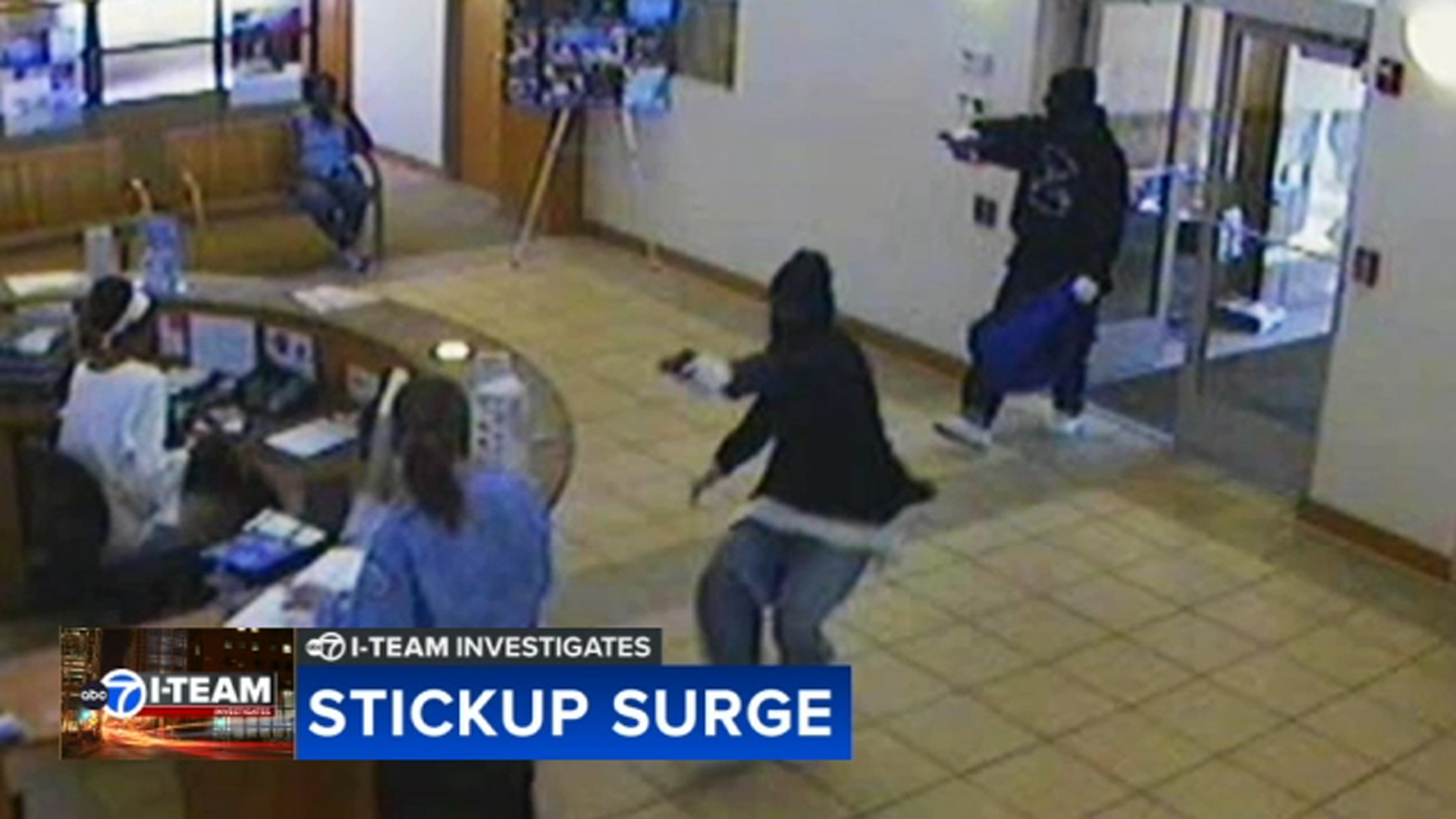Work-from-home scams target online job seekers

Industry experts say for every one legitimate "work-from-home job" that's online, approximately 70 more are scams.
However, even the scams may sound believable if job-seekers find them on a trusted, legitimate website.
"Vulnerable people who just want to do good, just survive and live the dream, that's it. Just stop the scamming," said Frances Aguirre.
Aguirre said she jumped at an opportunity to work from home when she responded to a job posting on the popular employment website, Indeed.
"He found me on somewhere where I thought I was safe, you know, that I was okay to submit my personal resume, which has references, my address, my phone number, my email," Aguirre said.
But instead of earning a salary, Aguirre ended up losing nearly $5,000.
"I've had to borrow money from family to pay our bills, so we're backed up right now because of the situation that now I'm responsible to pay the bank back for money I didn't have and that someone stole," Aguirre said.
Her so-called employer sent her checks that looked real and told her to deposit them in her checking account. Aguirre was then instructed to keep $350 for herself and use the rest to buy Apple gift cards for "children in need."
Then, the man convinced her to send the gift card codes to him, Aguirre said.
The I-Team called the man who the posted job, but he never responded.
On the security page for Indeed.com, the site warns job seekers not to send money to these types of employers.
"No company is going to need you to deposit a check for them," said Brie Reynolds of Flex Jobs.
Reynolds is a Senior Career Specialist at Flex Jobs, a website that specializes in work-from-home jobs.
"When a job pops out of the blue and sounds really great, they go for it. They don't look at the details, or they get a funny feeling about things but they keep going, and they wind up getting scammed," Reynolds said.
Reynolds said the jobs posted on Flex Jobs are vetted, but you should beware of all postings with poor grammar or jobs that claim to be "easy"
If you want to work from home and you're searching for jobs, use the search terms like telecommute, virtual job or remote job instead of "work from home." Most importantly, never cash a strange check and send money back.
For more information, visit: https://www.consumer.ftc.gov/articles/0175-work-home-businesses.
Questions to identify job search scams:
-Is the hiring company's name listed in the job listing?
-Do you need to pay to get the job, buy supplies, or invest in the company?
-Does the job listing sound too good to be true?
-Does the company ask you to provide your social security number, driver's license number, credit card number, or bank information?
-Does the language used in the posting sound odd or strangely written?
-Does the name, email, or website of the recruiter or job posting match up the actual company's info?
-Do you have a bad gut feeling?









